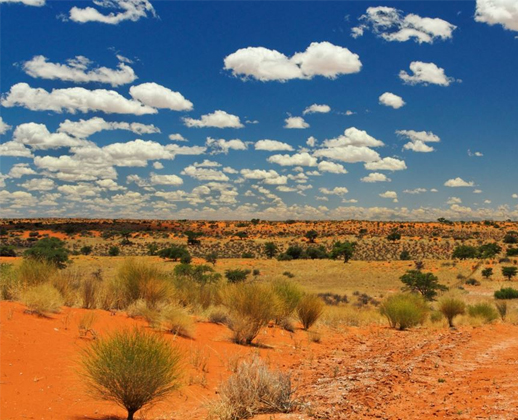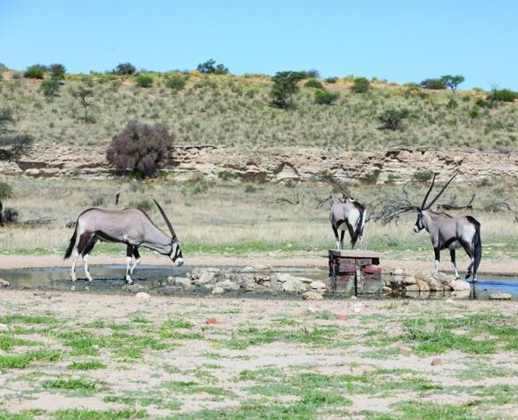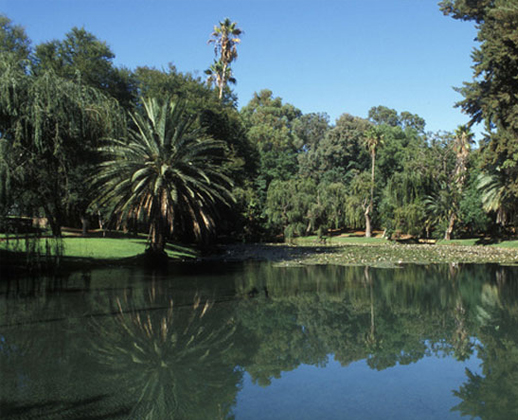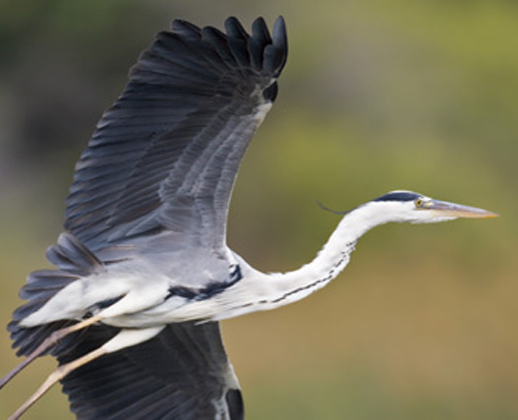Why should we care
Land: Why Should We Care?
The Northern Cape, much like many regions across South Africa, grapples with the alarming issue of land degradation. In some cases, the preservation of land takes a backseat to economic development, leading to ecological imbalances. LPFN advocates for a paradigm shift—one where the environmental impact of activities like mining is compensated for.
LPFN firmly believes that mining companies, in particular, should be held accountable for the ecological consequences of their operations. By establishing Biodiversity Offset Agreements with local authorities, these companies can contribute to mitigating the ecological damage they cause. Our mission extends beyond compensation; it seeks to heighten awareness and stewardship of biodiversity preservation.
Our ultimate objective is to establish a collaborative network with key stakeholders in the sector. We envision a future where all mining companies within and around the Northern Cape adopt Corporate Environmental Responsibility programs, including Offset Agreements and comprehensive environmental stewardship, aligning their practices with the ethos of Corporate Social Responsibility.


Wildlife: Why Should We Care?
Beyond its role in nature’s intricate web, wildlife stands as a vital pillar of our province’s tourism industry. It holds the potential to create opportunities for local communities near protected areas and contribute significantly to our broader economy. However, this potential often remains unrealized, a gap that LPFN aims to bridge.
LPFN’s vision is clear: to transform wildlife into a living and sustainable asset. We envision a scenario where thriving wildlife is not only preserved but becomes an economic driver, benefiting communities and the environment alike. To achieve this transformation, it is imperative that our government and agencies take the lead, enforcing a holistic shift in our wildlife economy.
Oceans: Why Should We Care?
With a coastline spanning over 500km, the Northern Cape holds a profound connection to our oceans, which provide a remarkable 70% of our planet’s oxygen and serve as a vital source of sustenance. Recognizing these invaluable resources, it’s imperative that we collectively take action. Within the realm of the ocean economy, countless opportunities await exploration, yet the Northern Cape has yet to fully harness their potential.
LPFN is driven by a resolute mission: to raise widespread awareness regarding these untapped opportunities and to mobilize resources, particularly for the youth, to enter this sector. Our vision extends beyond individual success to the goal of establishing sustainable livelihoods and prosperous economies within the oceanic domain. This vision hinges on collaboration, drawing support from government, private entities, and civil society, ultimately cultivating ocean stewardship to coexist harmoniously with the vast marine expanse.


Species: Why Should We Care?
The plight of species facing extinction, compounded by the encroachment of alien invasive plants upon our natural landscapes, underscores the urgency of our conservation efforts. LPFN envisions a transformative strategy: the removal of these invasive plants, repurposing them to produce animal feed and furniture—a sustainable cycle that promises both environmental restoration and job creation.
Our commitment extends beyond mere environmental preservation. We recognize that historically disadvantaged individuals (HDIs) have yet to fully benefit from our diverse ecosystems and rich biodiversity. LPFN endeavors to rewrite this narrative, extending opportunities to HDIs, particularly those hailing from rural areas, to actively engage in the safeguarding and sustainable harvesting of the province’s unique medicinal plants.
Building on the legacy of bioprocessing initiatives in Namakwa, LPFN seeks to reignite and expand these projects, fostering growth, sustainability, and economic empowerment. Our ambitions extend to the John Taolo Gaetsewe District, where we envision the inception of novel bioprocessing endeavors.
